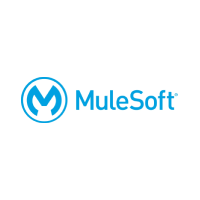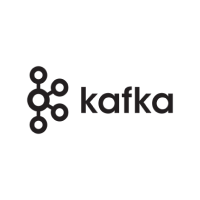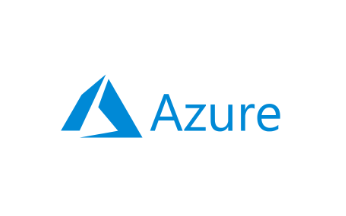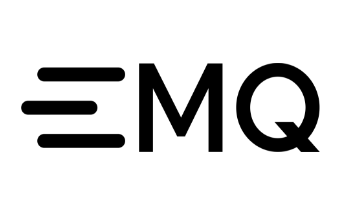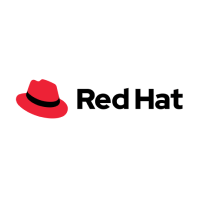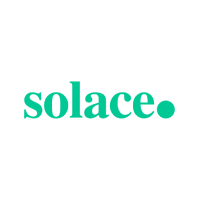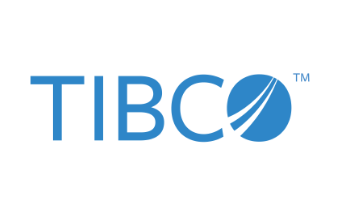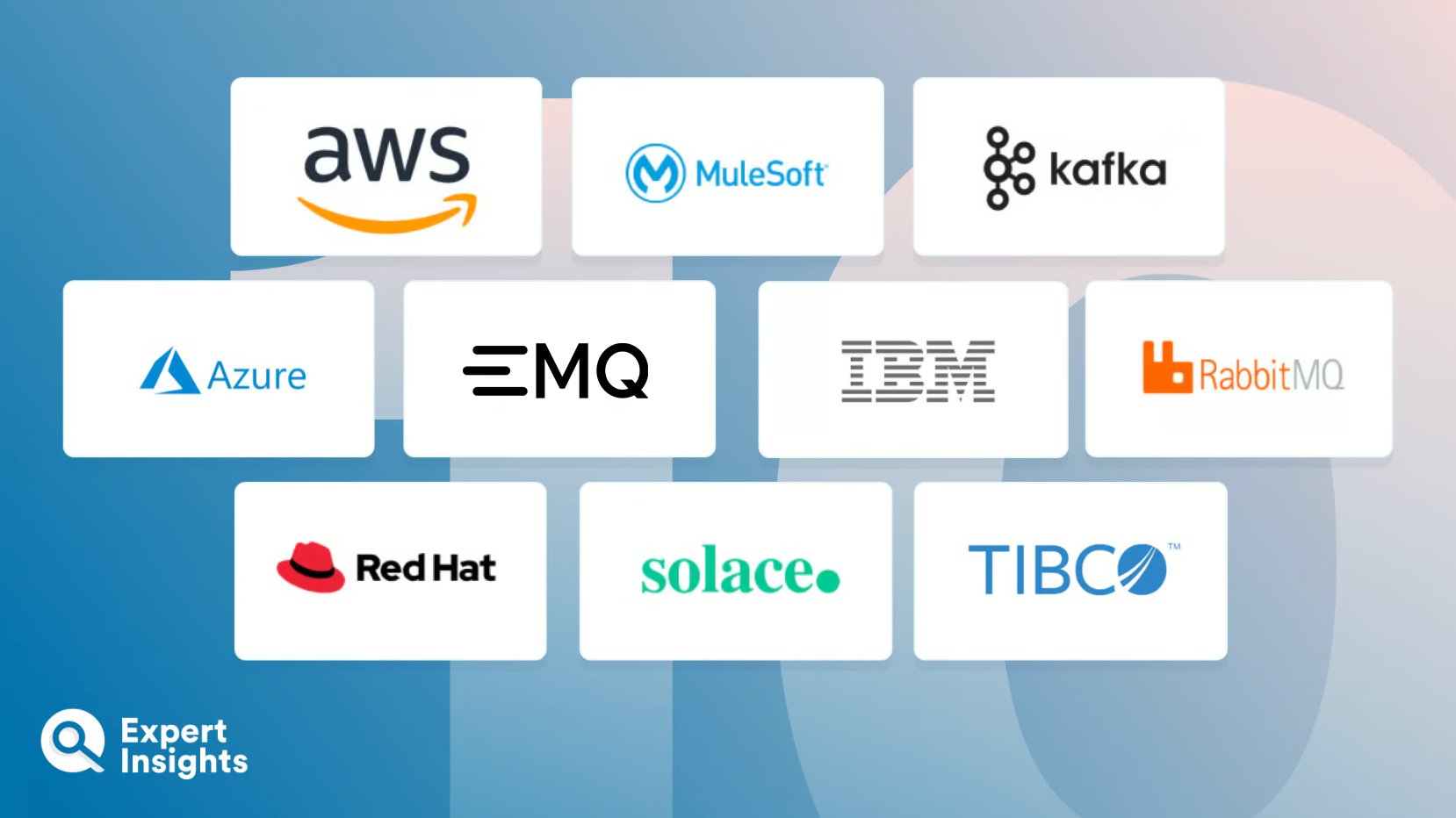Message Queue (MQ) software enables asynchronous communication between applications within serverless and microservices architectures. This means that they enable applications to seamlessly process requests, manage workloads, and handle complex workflows, without a developer having to couple or integrate them. To achieve this, the MQ software receives messages from the sending application called a producer, and adds those messages to a queue, where they wait to be processed by a receiving application. These receiving applications, also called consumers, process the messages in the queue and perform necessary actions based on the content of the message.
By storing and routing messages in this way, MQ software ensures that messages are delivered accurately and efficiently. It also helps to simplify the application architecture, streamline development, and enable greater flexibility for future expansion.
In this competitive market, several message queue software solutions have emerged, each with unique features, strengths, and use cases. In this article, we’ll explore the top message queue solutions to help you navigate the market and choose the right solution for your business. We’ll highlight the key use cases and features of each solution, including supported communication protocols and languages, fault tolerance, scalability, component isolation, guaranteed message delivery, and ease of integration into existing applications.




